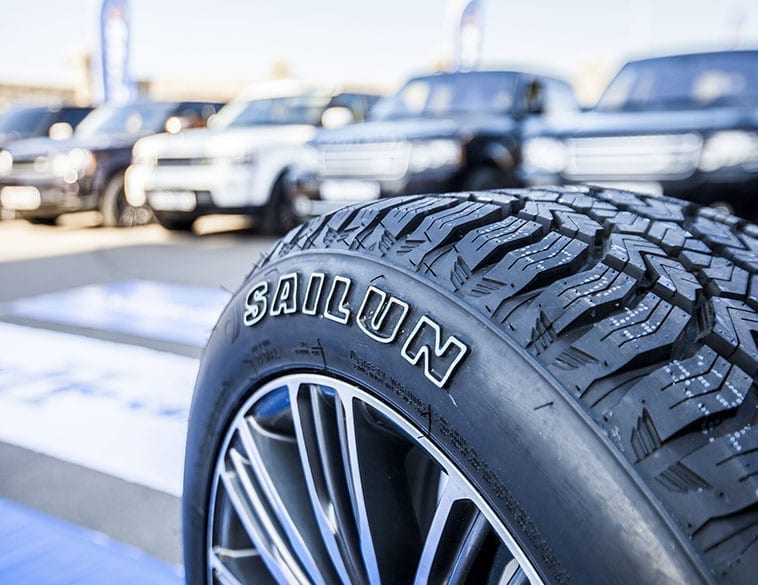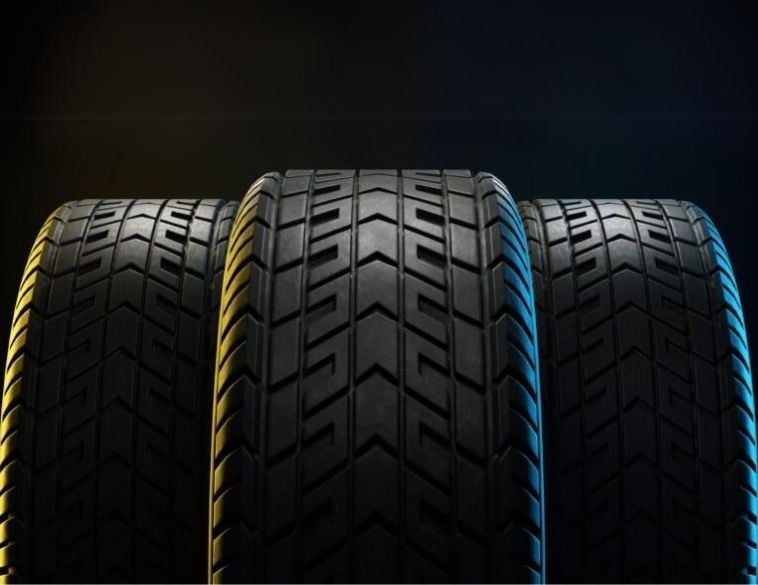This unusual year has a lot up in the air. knowing what’s going to sell and how you need to stock your inventory has always depended on a lot of sales data, mixed in with a little bit of crystal ball.
But of course, 2020 has thrown a wrench into everything. Many people are driving far less than usual; there has been a considerable drop in vehicle sales; and then the announcement that Walmart shut down all of its Tire & Lube Express repair facilities across Canada.
But in spite of the difficulties, the year has brought to all businesses, there’s a general sense of optimism overall in the tire industry.
“I think everybody’s cautious now, and thinking what will happen in the second wave,” said Angela Crivoi, Marketing Planning Manager of the consumer segment for Yokohama Tire.
“We won’t be hit as hard as the first time. We saw some (tire) plants close and production has been cut for specific items, but if it goes this way without being hit by a second wave, we can get back on track.”
Pent-up demand as people start driving again
Sales have stayed strong this year, according to James McIntyre, Sales Director Canada for Sailun Tire.
We saw a little bit of apprehension when the pandemic lockdown first came into place, as it took some time for companies to adapt to the market by figuring out cash flow, inventory management, and proper safety precautions in order to continue doing business.
— James McIntyre, Sales Director Canada, Sailun Tire
“Our tire customers have been reporting pent-up demand, as people start to get back out on the roads and resume driving as part of their daily lives and work commute,” McIntyre said.
“As for how long until we see some return to ‘normal levels’ of business, it will all depend on the market, the segment, and if we see a second wave of the virus. We see a wide range of tire product demands for the Sailun brand in different markets across Canada.
The more populated urban markets are a bit slower to rebound, while rural areas have not been as hard-hit with COVID-19 restrictions.”
Utility vehicles lead the market
Among best-selling segments, it’s no surprise that tires for crossovers, SUVs, and light trucks are the most in-demand, simply because these vehicles now make up more than three-quarters of the new-vehicle market.
McIntyre said that there is a much higher volume of SUV and light truck tire demand in rural areas, reflecting the trend of those vehicle sales in those areas.
As the summer winds down, winter tires once again become top of mind with dealers – but it’s an unusual year, and tire companies are seeing a number of different reactions.
“A lot of people didn’t change their winter tires, especially in Quebec,” Crivoi said. “They’re still driving on them. People are staying home, and they’re saying, ‘Why change them now? I’m going to the grocery store and just coming right back, so why am I going to do this change?’
But dealers are already stocking the winter tires, even though they don’t know what will happen in the second part of the year. All-weather tires are selling, but more people are using winter tires, even where it’s not mandatory.”
Shortages possible if orders are too conservative
McIntyre said that Sailun is continuing to see winter tire sales at typical levels in all markets across the country, regardless of whether they’re mandated. “Some tire purchasers have been a little more conservative in their initial orders, due to potential market uncertainty,” he said.
“However, if we have an active or early winter weather season, we could realistically see some winter tire product shortages occur if retailers and distributors have been too conservative in orders placed. There are a strong demand and growing rate of adoption.”
He added that tire retailers may need to be even more proactive this year when it comes to customers switching their tires over, should some of the pandemic-related guidelines still be required.
“With social distancing measures in place, it could make it hard for the winter tire rush, for people to get into retail stores and get appointments booked due to volume and the time it may take with safety precautions in place.
From what we’ve heard, some tire retailers will be actively promoting for people to come in early, to avoid issues when getting their tires changed over for the winter season.”
Value is worth more than the price
The general consensus is that while the price is important, customers are putting more emphasis on value. “On one side, you have customers saying, ‘I need a tire to go from Point A to Point B and I’m going to go to price,’” Crivoi said. “For all-season, it’s more about the price.
But (other) customers will think about performance and safety, especially for winter. They will analyze it – if it’s more, but it got good customer reviews. You will see people who will buy in terms of performance, not just price.”
McIntyre also believes that value is the largest trend he has seen emerging so far this year. “Drivers are much more focused than ever before on finding the best value. Not necessarily the cheapest products, but overall value and performance at an affordable price, since every dollar is important right now.
While consumer confidence slowly continues to improve, key indications show that drivers are being smarter and more cost-conscious with their hard-earned dollars on purchases that include tires.”
All of that ultimately funnels into the news that Walmart Canada closed all of its 106 Tire & Lube Express service centres. The retailer will continue to sell automotive products and will retain its partnership with Mr. Lube centres that are in fifty of its stores.
Crivoi believes that because Walmart sold primarily on price, a large number of its clients will simply go to other large discount centres, such as Canadian Tire, which stands to gain a portion of that market share. “Dealers will have to give more service,” she said.
“They need to advertise it because especially in winter, people want the tires in stock, and they want to get in and out. You want to talk about safety and the performance, and the service.”



